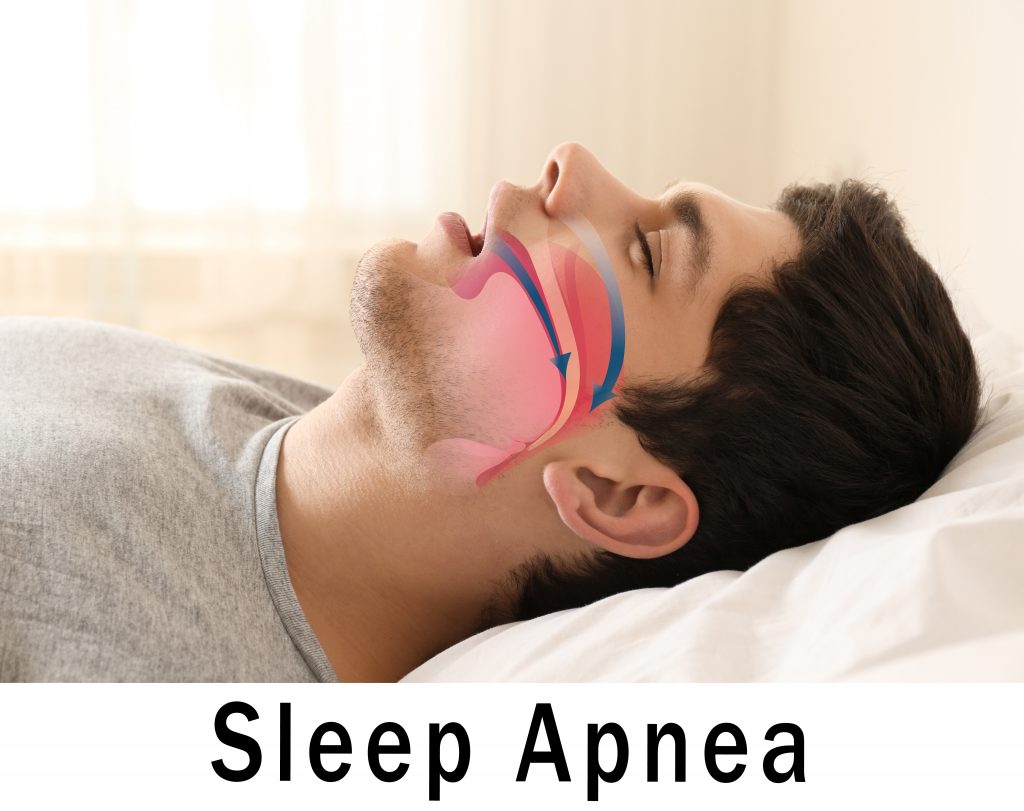Snoring is a common warning sign for obstructive sleep apnea. Prior to treatment, you should be diagnosed by a board-certified physician. If you have snoring without sleep apnea, your doctor can give you a prescription for an oral sleep appliance. If you have sleep apnea, your doctor will discuss treatment options with you.

Did you know that many dentists are trained to help treat and manage your snoring and sleep apnea? Dental sleep medicine is an area of dental practice that focuses on the use of oral appliance therapy to treat sleep-disordered breathing, including snoring and obstructive sleep apnea (OSA). Dentists work together with physicians to identify the best treatment for each patient. The quality of your sleep has a dramatic impact on your health, well-being and overall quality of life. Snoring and obstructive sleep apnea disrupt your sleep and increase your risk of severe health problems such as daytime fatigue, high blood pressure and heart problems, Type 2 Diabetes, Metabolic syndrome, Complications with medications and surgery, Liver problems and sleep deprived partners to name a few.
The most common treatment for sleep apnea is continuous positive airway pressure (CPAP) therapy. The CPAP machine keeps your airway open by providing forced air through flexible tubing. CPAP therapy requires you to wear a mask as you sleep. Although CPAP therapy is effective, some people are unable to adhere to it or simply prefer another option. Your doctor should consider giving you a prescription for a sleep apnea appliance if you are unable to tolerate CPAP therapy or prefer an alternate treatment. Many people like an oral appliance because it is comfortable, quiet, portable and easy to wear. In some severe cases of sleep apnea, upper airway surgery may be another treatment option.
An oral appliance is a device worn in the mouth only during sleep. It fits like an orthodontic retainer. A custom-fit oral sleep appliance is an effective treatment that prevents the airway from collapsing by supporting the jaw in a forward position.
Dr.Chelury provides Oral Appliance Therapy for patients with obstructive Sleep Apnea. She is very passionate about providing the highest quality of care for these patients and has attended numerous hours of continuing education in dental sleep medicine and is very knowledgeable about the latest advances in the field. She is a Diplomate of the American Board of Dental Sleep Medicine .
Common symptoms of OSA include:
- Loud or frequent snoring
- Silent pauses in breathing during sleep
- Choking or gasping sounds during sleep
- Daytime sleepiness or fatigue
- Waking in the morning and not feeling refreshed
- Insomnia
- Morning headaches
- Waking during the night to go to the bathroom
- Difficulty concentrating
- Memory loss
- Decreased sexual desire
- Irritability
If you experience any of these symptoms and would like to consult with Dr.Chelury please call the office at 919-467-0550 for an appointment. Dr.Chelury will evaluate your risk for OSA and refer you to a Board Certified Sleep Physician for a Sleep Study.